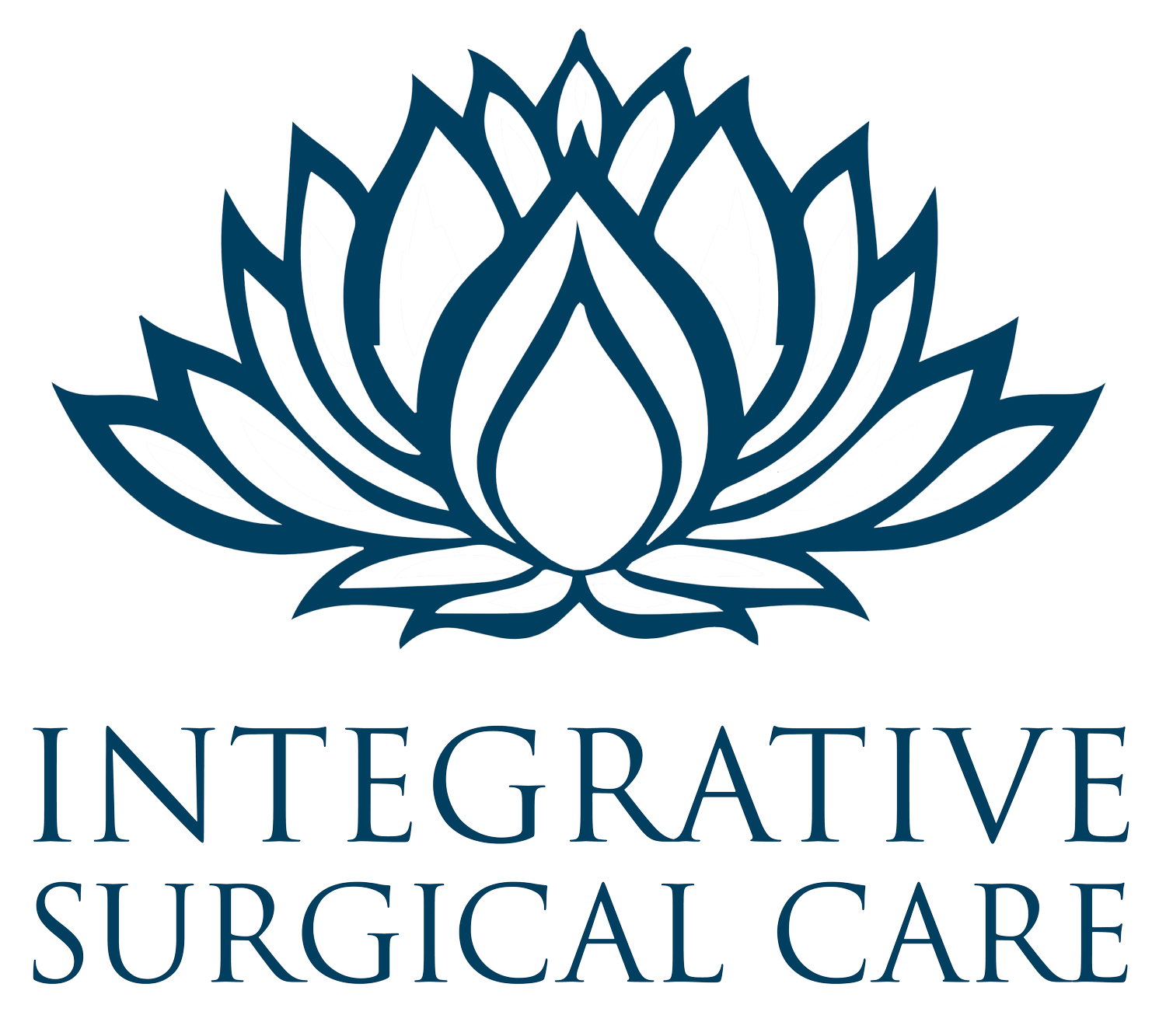Simple Suggestions for Improving Your Surgical Wellness and Recovery
Many of the ways to improve one tenet of surgical wellness will also improve another, and if one is improved then others often benefit. They are all interconnected, which is why we need to care for the whole of the surgical patient but also makes improvement easier. A little goes a long way!
Take the Surgical Wellness Reflection to see where you would benefit from small adjustments in your daily life, or scroll through each tenet of Surgical Wellness below and note if any of the suggestions speak to you!
Sleep:
Written out bedtime routine
White noise machine
Melatonin
Valerian root or chamomile tea or supplements
Essential oils, aromatherapy with lavender oil, chamomile, or frankincense
Baths
Guided meditations
Gratitude lists
Self-hypnosis
Bedtime breathing techniques
Improve pain
Improve mobility with stretching and physical therapy
Improve stress
Brief rests/naps throughout the day (avoid changes to your sleep/wake cycle)
Timing of pain medicines before bed and in middle of night
Probiotic
Massage therapy
Chiropractic adjustments
Acupuncture
Acupressure points such as spirit gate, three yin intersection, bubbling spring point, inner frontier gate, or the wind pool
Earplugs and eyemask (especially helpful if in the hospital where sleep is notoriously awful)
Prescription sleep aid as discussed with your doctor
Beware falling asleep on a heating pad and causing a burn
Pain control:
Written out schedule of when to take pain medicines (prescription and over the counter medicine)
Improve overall body and mind inflammation
Improve sleep
Improve mobility with stretching and strengthening; may need help from physical therapist
Breathing techniques
Probiotic
Ice all the time except if directly on the skin, which needs a break every 20 minutes
Guided meditations
Mindfulness
Hypnosis
Talk therapy, possible medications for depression and anxiety
Acupressure and acupuncture
Massage, chiropractic, and physical therapies to the affected areas as well as the areas of the body COMPENSATING for the disease or injured area
Arnica only after surgery but not before as it may lead to more bleeding in surgery
Inflammation:
Stop processed foods
Stop fast foods
Stop foods with added sugar
Monitor blood sugars
Eat anti-inflammatory foods such as berries, fatty fish, deeply green or brightly colored vegetables, green tea, and dark chocolate
Exercise
Improve stress
Improve sleep
Weight loss if obese (although it is not recommended to diet with restricted calories right before surgery, change the foods you eat instead)
Anti-inflammatory vitamins, minerals, and supplements such as fish oils and omega-3 (need to stop these within 2 weeks of surgery.)
Probiotic to improve the microbiomes of your body
Microbiome:
Probiotic intake
Replenish the gut bacteria after every round of antibiotics
Replenish the gut after every surgery and colonoscopy
Eat probiotic foods such as kimchi, sauerkraut, pickles and drinks such as kefir, and kombucha
Eat prebiotic foods such as garlic, onion, cabbage, barley, oats, and chickpeas
Slowly increase fiber into your diet (too much too fast will lead to bloating)
Avoid processed foods
Avoid fast foods
Avoid foods with added sugar
Exercise
Improve sleep
Improve stress
Nutrition:
Drink adequate water volume when injured, sick, or having surgery
Eat whole foods
Cut out processed food, fast food, and foods w/ added sugar
Take a daily multivitamin
Take Surgery Ready Supplement when injured, anticipating surgery in the next month, or had surgery within the last month
Probiotic to improve absorption of nutrients
Stop soda
Stress:
Improve sleep
Improve pain, have a postoperative pain plan before surgery
Accept the vulnerability of the situation
Have self-compassion (link to discussion of self-compassion and resources)
Talk therapy
Acupuncture and acupressure
Massage
Probiotic
Guided meditations
Breathing techniques (link to website on breathing techniques)
Prepare your home and food before surgery so that getting around, drinking water, and eating good foods is easy
